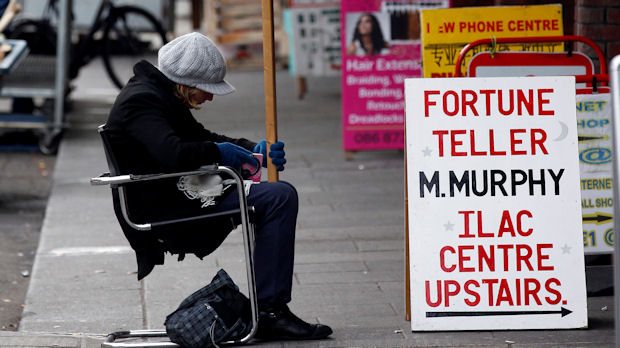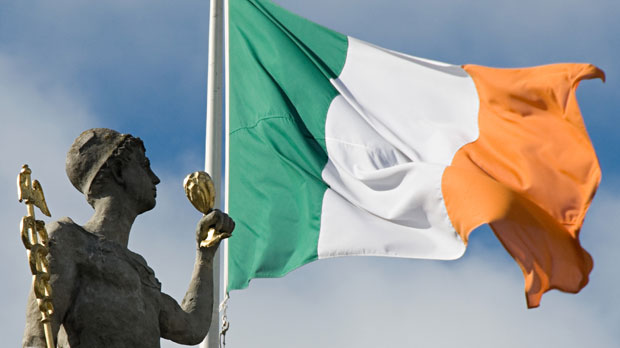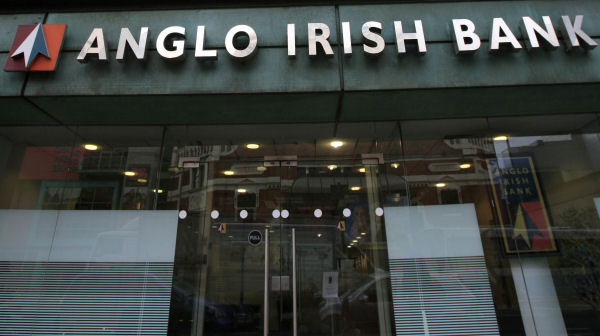Ireland bailout: worst kept secret confirmed
The hasty confirmation Ireland will, after all the denials, apply for financial aid shows the country is no longer master of its own destiny, writes economic analyst Dr Peter Stafford.

So, Ireland is applying for an IMF loan.
It was perhaps the worst-kept secret in European economics, but unbelievably only confirmed by the Irish government on Sunday lunchtime in a hastily prepared radio interview by Brian Lenihan.
The fact that Ireland was preparing a loan application was one of the few things the Minister for Finance did confirm. Almost every radio and television news programme over the last week has had Lenihan or one of his fellow ministers doggedly repeating the government’s line. Many in Ireland were surprised to see a lack of politicians on the Sunday morning current affairs programmes.
The reason, we now know, was that government were preparing to announce the loan request. This will be followed with an emergency conference call of European finance ministers this evening.
Economic deterioration
In a week when the government has been forced into a series of embarrassing policy reversals and had their message hijacked by external agendas, Lenihan denied that he had been bounced into making this announcement by the IMF and the EU. He also denied that government had set out to deceive anyone this week. These statements may be true, but the fact the loan application was announced at such short notice suggests the government is no longer the master of its own scheduling. The speed at which the economy has deteriorated has been remarkable, and the complexity of organising a loan are daunting.
The speed at which the economy has deteriorated has been remarkable.
Despite his attempt to calm market sentiment and restore public confidence in the economy, Lenihan has not given us much detail about the IMF loan. Firstly, he refused to say how much the loan is for (rumours of 120 bn euros or more are doing the rounds here). He refused to tell us the period of the loan, or the interest rate. Indeed, Lenihan has not confirmed whether Ireland will actually draw down the loan. We do not know yet how the banks will avail of any external funding. We don’t know how much they need. Perhaps more importantly, he refused to tell us what policy conditions will be applied to the loan.
Corporation tax not on agenda
The government has been keen to stress that changes to the 12.5 per cent corporation tax were not being debated in the context of these talks. This is something of a red herring as a succession of foreign governments repeated that corporation tax is an issue for domestic governments to set, and has never been a condition of any foreign bailout. What is on the agenda for discussion with the IMF is reform of the minimum wage and public sector pay and pensions. Not un-naturally, given the anger this will cause, the Minister for Finance does not think the public will be served by being “plunged” into a general election.
Over the next week, government will announce details of the four year economic plan, and on 7 December will unveil its Budget. Those plans and the scale of the tax increases and spending cuts will have the input of the EU and the IMF, and if past interventions are anything to go by, the IMF will demand significant and wide-ranging input into the policy agenda in return for their bailout. Domestic political agendas and the electoral timetable matter less to the IMF than they do to politicians, so last week we learned that the government is not in control of its media agenda and this week we will learn the extent to which it is no longer in control of its policy agenda.
Dr Peter Stafford (@peterstafford) is a freelance economic and business research analyst based in Dublin, Ireland.
More on Ireland from Dr Peter Stafford
-

Missed Irish warnings and the man who told them so
18 November 2010
-

Confusion in Dublin as Government’s position cracks
15 November 2010
-

Ireland’s economic and reputational crisis
30 September 2010







